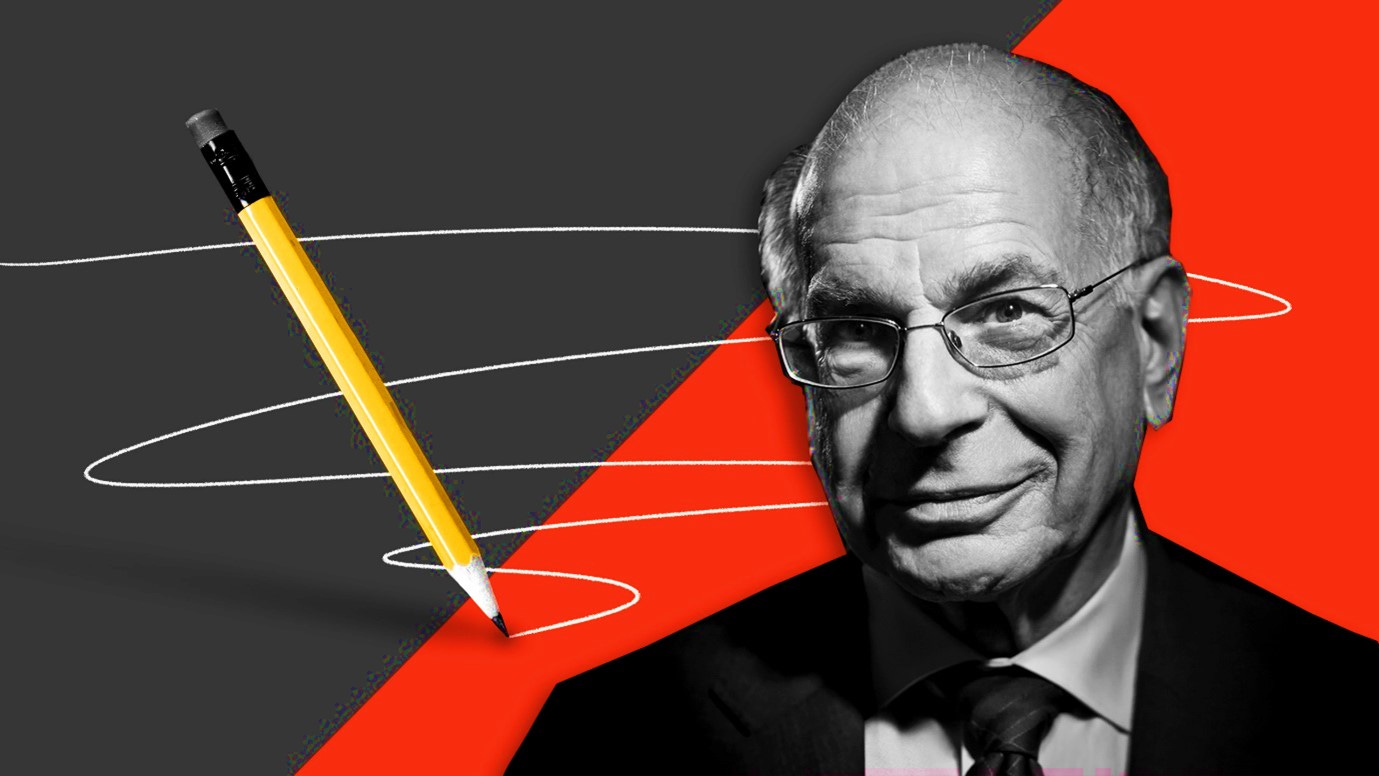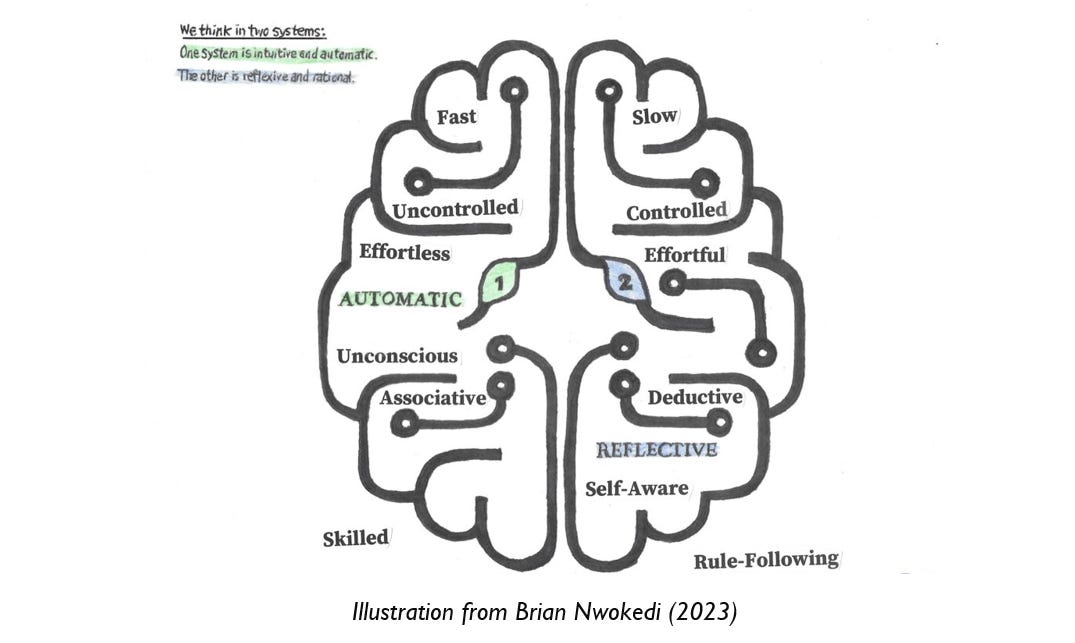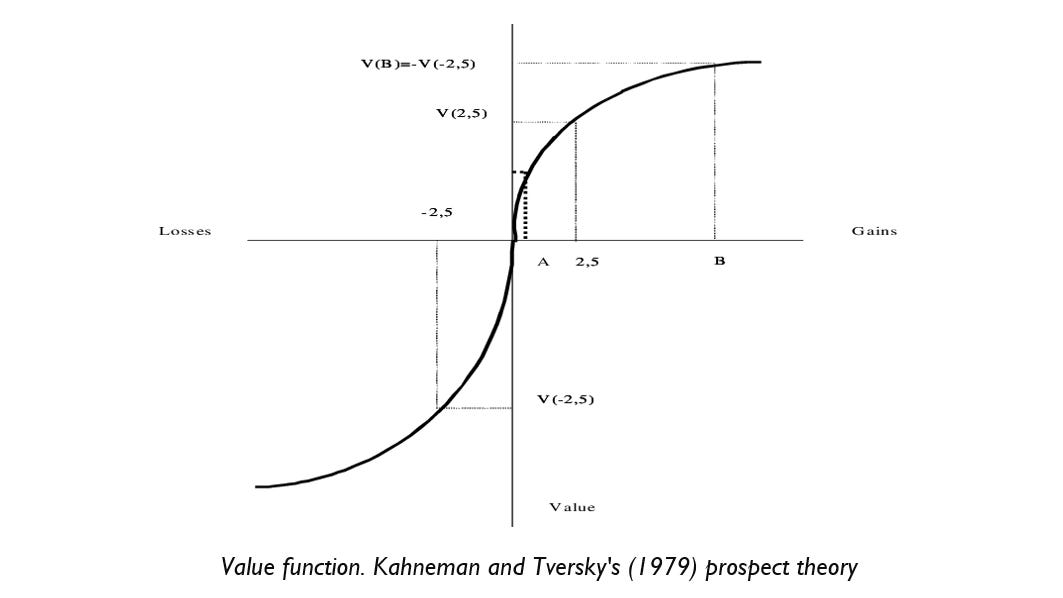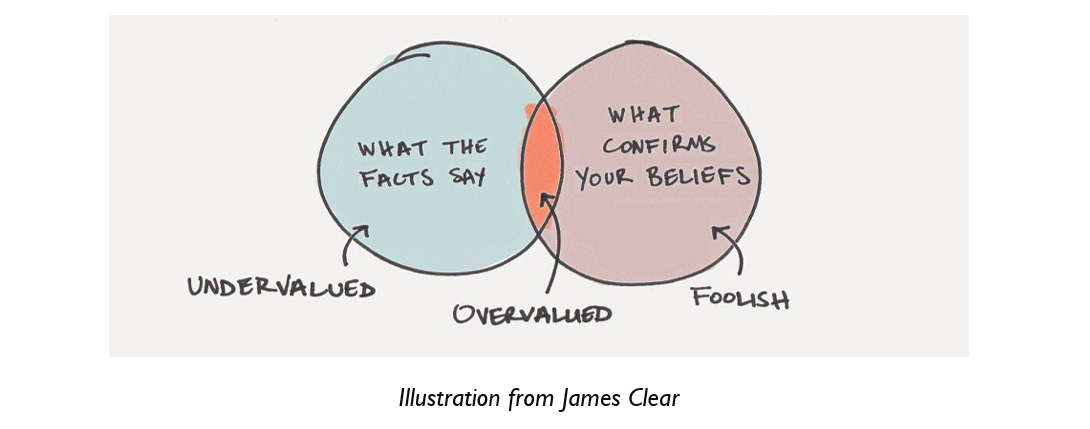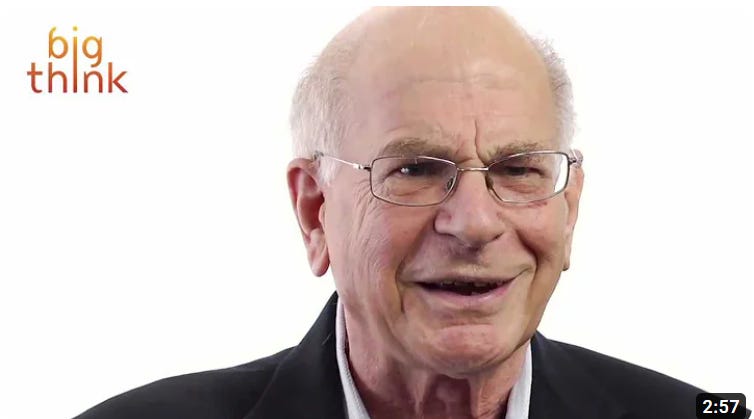Fast, Slow, Personal: my Kahneman Journey
The recent passing of Daniel Kahneman pushed me into a moment of reflection. Without a doubt, a gigantic figure whose work shaped modern thinking around psychology and economics.
Kahneman left us a treasure trove of insights into how we think, decide, and navigate uncertainties. How we learn to accept them. His ideas, particularly those around decision making, biases, and prospect theory, don't just echo in academic corridors but ripple through the fields of behavioral science, sport, media.
Think of the last seconds of a basketball game, the decision a player makes—to pass or take the decisive shot—exemplifies Kahneman's System 1 and System 2 thinking in action. The player's split-second, instinctual move (System 1) is a result of not just that moment but of countless hours of practice and strategic planning (System 2), distilled into one critical play. This fusion of fast, intuitive thinking and slower, deliberate strategizing in the heat of competition mirrors Kahneman's insights into our cognitive processes, offering a lens through which we can view the complexity of decision-making, also in sports.
Kahneman's Prospect Theory, which revolutionized our understanding of decision-making by highlighting how we perceive losses more intensely than gains, offers a sharp lens for viewing the high-stakes world of sports economics. Whether it's an athlete navigating crucial contract negotiations or a team balancing the risk and reward of a strategic play, Kahneman's work illuminated the intricate dance of decisions where the fear of loss and the allure of gain drive the game both on and off the court.
In the media landscape, with content battling more and more for our attention, Kahneman's insights into cognitive biases can serve to inform why certain headlines captivate us. Our brains, seeking shortcuts, often trend towards confirmation bias, leading us into echo chambers. Recognizing these biases equips us with a more critical lens for navigating media, encouraging us – as we should – to challenge our preconceptions and engage more thoughtfully with the information we consume.
These were just small attempts to bring Kahneman's work into modern, daily situations we face or witness. Now… when confronted with his legacy, I find myself reflecting on how such work influenced me – or influences me, I realize.
I guess it’s not just about the mechanisms of decision-making or the biases that cloud our judgments. I believe Kahneman illuminated a path to understanding the self in rather profound ways. Think about it… the “simple” realization that not all decisions can, or should, be purely rational is in itself a cornerstone of everyone’s own journey towards mental awareness.
Recognizing when we’re relying on intuition (System 1) or delving into deeper, more analytical thought (System 2) is essentially a practice in mindfulness. It's about acknowledging that these systems are not at war but in dialogue within us, guiding our actions, beliefs, and reactions to the world around us.
Kahneman’s work taught me that finding shelter in the recognition of these systems can be a profound lever for inner tranquility. Understanding the dance between the fast, instinctual responses and the slow, reasoned ones is also a journey of accepting the complexities of the human mind. It's a process of learning to balance between the two, recognizing the value in each, and using this awareness to navigate the intricacies of life with a bit more grace and understanding.
In a way, I’m realizing that his work is less about mastering the art of decision-making and more about embracing the beauty of our imperfections. It’s about realizing that in the messy, often irrational ways we make choices, there lies a potential for growth, empathy, and a deeper connection to the world and the people in it.
Daniel, the power of your work – as I realized - is being both universal and deeply personal. And I thank you for that.
Sort of an Appendix for you… short and impactful exchange from an interview in 2012 that I found quite interesting.
Daniel Kahneman: The Trouble with Confidence



